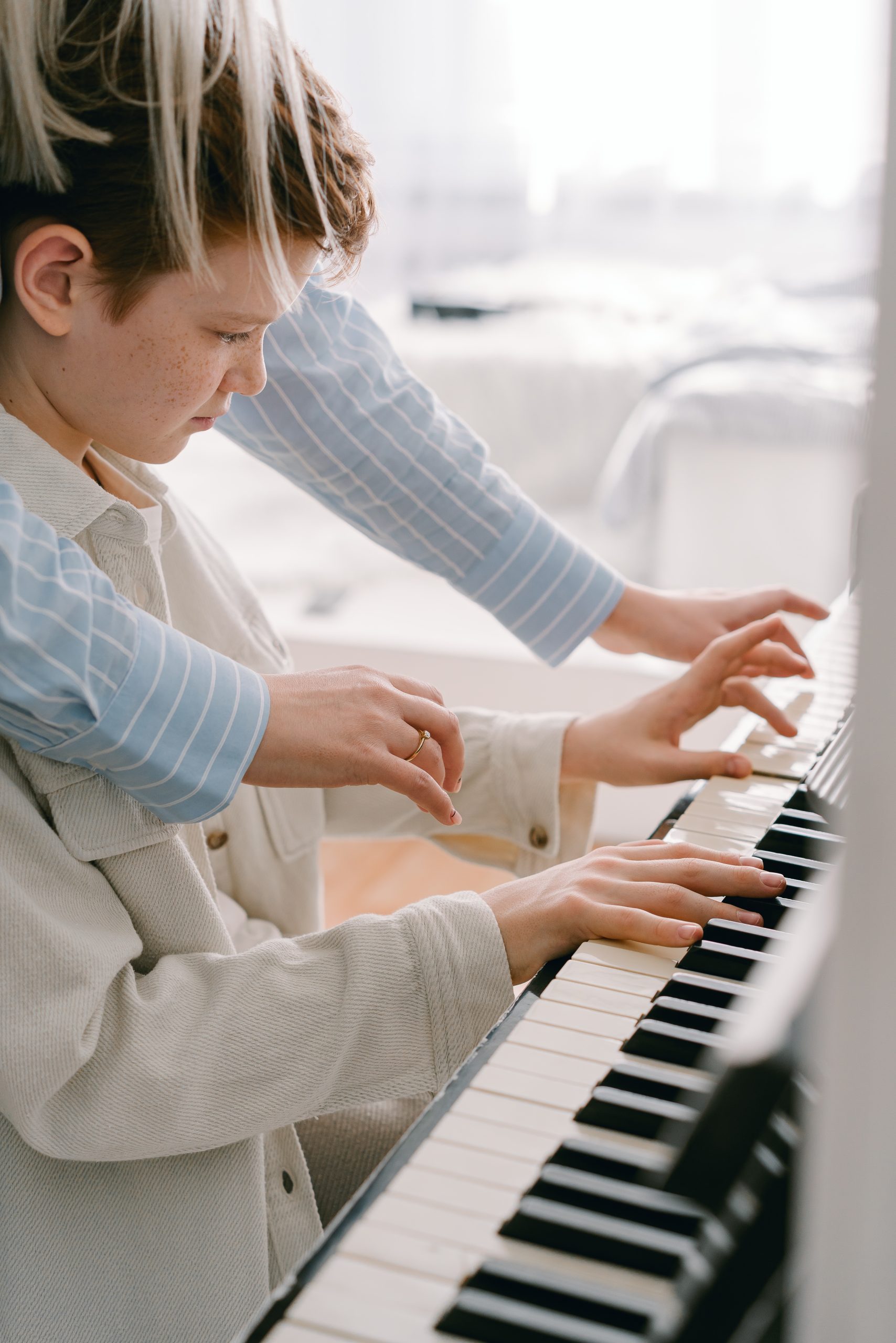The Music Education Hub: Important Information About Music Education
Welcome to The Music Education Hub, a comprehensive resource for information on the importance of music education for children's development. As advocates for music education, we believe that every child should have access to music as part of their education. Our website provides a wealth of information on the benefits of music education, including how it can improve academic and social skills. We also offer practical strategies for incorporating music into the classroom, and resources for parents and educators to support music education at home and in the community. Whether you're a parent, teacher, or music enthusiast, we hope our website will inspire you to promote music education and help children reach their full potential.
Why Music Education is Important for Children's Development
Music education has been shown to have numerous benefits for children's development. Firstly, it can improve cognitive skills such as memory, language, and reasoning. Music requires children to use both sides of their brain, which helps to strengthen neural connections and improve overall cognitive function. Additionally, learning to read music notation requires a level of focus and concentration, which can improve attention span and executive function skills.
In addition to its cognitive benefits, music education has the power to positively impact children's emotional development. Not only does participating in music enable children to express themselves, but it also helps them to develop a sense of identity. Moreover, music has the potential to alleviate stress and anxiety while simultaneously improving mood and self-esteem. For children who may find it challenging to communicate verbally, music can serve as a valuable alternative means of expression and connection with others. If you're struggling to manage your academic workload, you may be tempted to pay someone to write your essay. But before you do, be sure to explore all of your options and choose a reputable service that will provide you with a quality paper.
Finally, music education can have social benefits for children. Learning to play an instrument or sing in a choir requires teamwork and cooperation, which can foster social skills such as communication, collaboration, and empathy. Group music-making can also create a sense of community and belonging, which is particularly important for children who may feel isolated or marginalized. Overall, music education has the potential to support children's development in a holistic way, by promoting cognitive, emotional, and social growth.
The Benefits of Music Education for Academic and Social Skills
Music education has been found to have a positive impact on academic performance. For example, a study published in the Journal of Educational Psychology found that students who received music lessons had significantly higher math and reading scores compared to those who did not. Learning to read music notation requires the ability to recognize patterns, which can translate to improved pattern recognition in other academic areas. Additionally, music education can improve working memory, which is essential for tasks such as problem-solving and following directions.
Music education can also have a positive impact on social skills. When children participate in music ensembles, they must learn to work together and communicate effectively in order to create a cohesive performance. This can help to develop skills such as collaboration, cooperation, and empathy. Furthermore, music education can create a sense of community and belonging, which can be particularly important for children who may feel isolated or disconnected from their peers.
Another benefit of music education is that it can improve self-esteem and self-confidence. Learning to play an instrument or sing in front of others can be a challenging and vulnerable experience, but with practice, children can develop a sense of accomplishment and pride in their abilities. And you can write an essay using https://writemy.com/. This can translate to improved self-esteem and self-confidence in other areas of life.
Finally, music education can be a source of enjoyment and creativity for children. Learning to play an instrument or sing can be a lifelong hobby and source of personal fulfillment. Additionally, creating and performing music can be a form of self-expression, allowing children to explore their emotions and ideas in a safe and supportive environment. Overall, music education can support academic, social, and emotional development, while providing a source of enjoyment and creativity for children.

Strategies for Incorporating Music Into the Classroom

Incorporating music into the classroom can be a great way to engage students and support their learning. One strategy is to use music as a mnemonic device to help students remember information. For example, teachers can create songs or raps that include important facts or concepts.
This can be particularly effective for subjects like history, where students may need to remember dates or names. Using music in this way can make learning more enjoyable and memorable for students.
Another strategy is to use music to support classroom management. For example, teachers can use songs or chants to signal transitions between activities or to help students focus.
Playing calming music during independent work time can also help to create a peaceful and focused classroom environment. Additionally, teachers can use music to build a sense of community by incorporating songs that celebrate diversity and inclusivity.
Finally, teachers can incorporate music as a creative outlet for students. Students can use special services WritePaper that can write my college paper and thus free up time for themselves to practice in music. This can involve activities such as writing and performing songs or creating musical compositions. Providing students with opportunities to explore music in a creative and open-ended way can help to foster a love of music and support their overall development.
Additionally, incorporating music into other areas of the curriculum, such as art or language arts, can help to create a more integrated and holistic learning experience for students.
Resources for Parents and Educators to Support Music Education at Home and in the Community
There are many resources available for parents and educators to support music education at home and in the community. One resource is online music education platforms, such as SmartMusic and MusicFirst, which provide access to interactive music lessons, exercises, and assessments. These platforms can be used by both teachers and parents to support music education outside of the classroom. Additionally, there are many free online resources available, such as music theory lessons and sheet music databases.
Another resource is community music programs, such as youth orchestras, choirs, and music camps. These programs provide opportunities for children to participate in music-making outside of the school environment and connect with other young musicians. Many community music programs also offer scholarships or financial assistance to ensure that all children have access to music education.
Collaboratively, parents and educators can champion music education in schools and communities through active involvement in school board meetings, penning letters to local politicians, or arranging community events that feature the advantages of music education, such as improved cognitive skills, enhanced creativity, and greater social and emotional development. By advocating for this cause together, parents and educators can help guarantee that all children have the opportunity to receive excellent music education, including learning instruments such as the "What a Wonderful World Ukulele," and reap its myriad benefits.